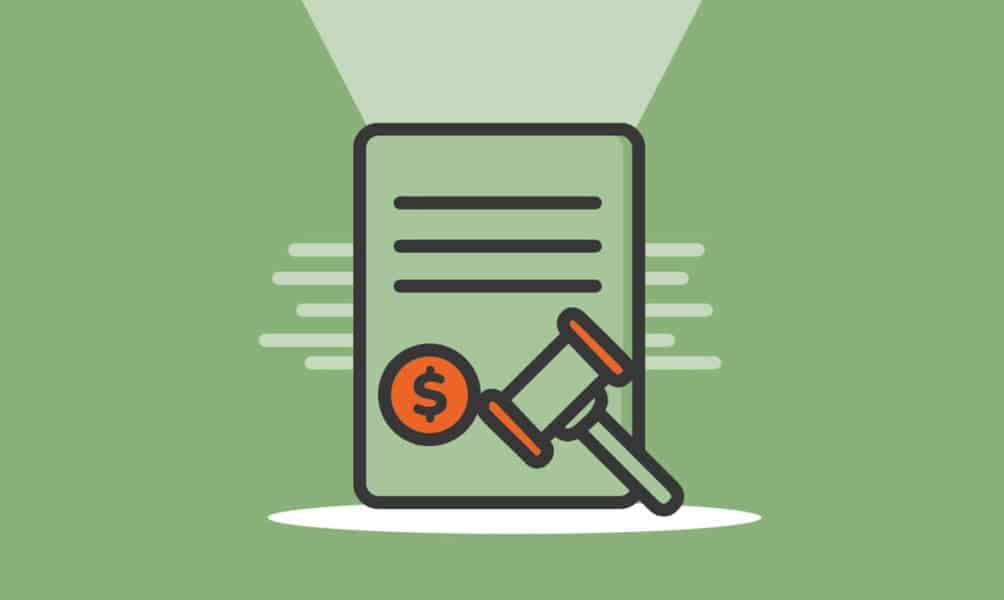Understanding Bail Bonds: A Guide to Securing Release and Managing Debt Settlement
In the realm of legal proceedings, the concept of bail bonds plays a pivotal role. For individuals facing arrest, understanding how bail bonds work can be crucial in securing their release pending trial. Additionally, navigating the intricacies of debt settlement, especially in relation to bail bonds, is essential for those seeking to manage their financial obligations effectively. In this comprehensive guide, we delve into the fundamentals of bail bonds, their significance, and their intersection with debt settlement.
What Are Bail Bonds?
Bail bonds serve as a financial guarantee that ensures the appearance of a defendant in court at the appointed time. When someone is arrested, they may be offered the opportunity to post bail, allowing them to remain free until their trial. Bail can be paid directly to the court, but it is often set at a high amount, making it difficult for many individuals to afford.
This is where bail bonds come into play. A bail bond is a surety bond provided by a bail bondsman, a professional agent, or an agency specializing in such services. Instead of paying the full bail amount, which can be prohibitively expensive, the defendant or their loved ones can pay a percentage of the bail to the bondsman. In return, the bondsman assumes responsibility for the full bail amount if the defendant fails to appear in court.
The Process of Obtaining a Bail Bond
To secure a bail bond, the defendant or their representative typically contacts a bail bondsman. The bondsman assesses the situation, including the charges faced by the defendant and their likelihood of appearing in court. If deemed eligible, the defendant or their representative pays a non-refundable fee, usually a percentage of the total bail amount, to the bondsman.
Once the fee is paid, the bondsman posts the full bail amount with the court, guaranteeing the defendant’s appearance. It’s important to note that if the defendant fails to appear in court as required, the bondsman may pursue various avenues to ensure their apprehension, including hiring bounty hunters.
Debt Settlement and Bail Bonds
The connection between debt settlement and bail bonds arises from the financial implications of posting bail. For many individuals, coming up with the funds to cover bail can be challenging, if not impossible, especially if they are already struggling with financial difficulties.
In such cases, seeking assistance from a bail bondsman allows individuals to secure their release without having to pay the full bail amount upfront. However, it’s essential to recognize that obtaining a bail bond incurs a financial obligation in the form of the bondsman’s fee, which is typically non-negotiable.
For defendants already burdened with debt, this additional financial strain can exacerbate their situation. It underscores the importance of exploring options for debt settlement and financial management to avoid falling into a cycle of escalating debt.
Managing Financial Obligations
When facing legal proceedings and the associated financial obligations, proactive management of debt is crucial. For individuals who have secured a bail bond, prioritizing repayment to the bondsman is paramount to avoid further complications.
Debt settlement, which involves negotiating with creditors to reduce the amount owed, can be a viable option for those struggling to meet their financial obligations, including bail bond fees. By working with a reputable debt settlement agency or negotiating directly with creditors, individuals can potentially reduce the amount owed and establish manageable repayment plans.
Conclusion
Bail bonds play a critical role in the legal system, allowing individuals to secure their release pending trial. Understanding how bail bonds work and their implications, particularly in relation to debt settlement, is essential for individuals navigating the complexities of the legal process while managing their financial obligations.
By being informed about bail bonds and exploring options for debt settlement, individuals can make informed decisions that mitigate the financial impact of legal proceedings and pave the way toward financial stability.




